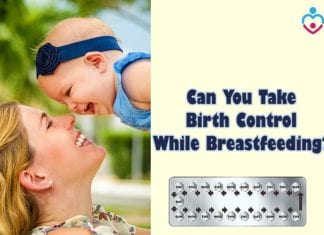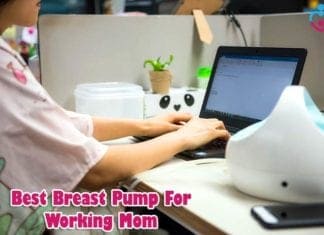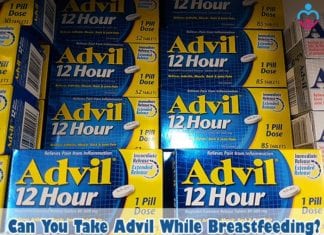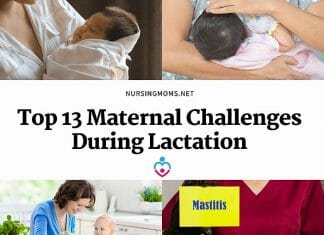
Breast Engorgement is a common issue among nursing mothers. However, you will find it at different levels. While some mothers are severely bothered by these nursing side effects, others might not even suffer from it. In mild cases, engorged can be kept under control at home.
Table of Contents
What causes breast engorgement?
Breast engorgement occurs when your body produces more breastmilk than your baby is eating daily. This could happen only on several days when your baby eats less, or it could be a chronic condition. Either way, there are solutions to reduce breast engorgement.
Breast engorgement usually happens during the first days when your milk comes in, and your breasts will be firmer than usual as well as swollen. It can also happen in those days when you nurse your baby less or pump less. But as we mentioned, breast engorgement can also be chronic and happen every day for many months of breastfeeding. So if you have breast engorgement is chronic, you should definitely talk to your doctor to find the appropriate treatment.
Suggested Reading:

Symptoms of Breast Engorgement
If your breasts are engorged, you will feel several other side effects besides the firmness and the swollen breasts.
- Some mothers experience pain from mild to severe that comes with breast engorgement. In other cases, breast engorgement comes with severe soreness of one or both breasts. Itchiness can also be a side effect of breast engorgement, and this could be pretty uncomfortable.
- In severe cases of breast engorgement, you might experience mild fever as well as lymph nodesin one or both armpits.
Suggested Reading:

How can you alleviate breast engorgement at home?
Breast engorgement doesn’t need special treatment unless it becomes chronic. In most cases, you can treat such a condition at home by adjusting your nursing schedule in a manner that will prevent milk from building up in your breasts. Also, there are other home remedies you can apply if you suffer from this condition.
- Breastfeed or pump more often: If your baby doesn’t eat as much as usual or if you still deal with breast engorgement even if their feeding schedule didn’t change, you might want to pump in between feedings. The more your baby gets fed, the more milk your body will produce. So, it would be best if you always kept that in mind when your breasts feel engorged because they store too much milk. Try to stay on top of this problem by paying attention to how much your baby eats and how much milk your body produces.
- Take painkillers: You can alleviate breastfeeding engorgement pain by taking the right pain killer for your body, considering your overall health. Ibuprofen, for instance, is a pain killer that is considered safe for nursing mothers. However, you should definitely talk to your doctor before you start taking any type of medicine.
- Use a cold compress to decrease the swelling: If swelling is the symptom that bothers you most, you can keep that under control by using a cold compress. Get a cloth and soak it in cold water before placing it on your breasts. You can also leave the cloth in the refrigerator or even the freezer to make it even colder. Keep the cloth on your breasts for 15 minutes at a time and use it as needed.
Suggested Reading:

Can you get breast engorgement if you are not breastfeeding?
Mothers who choose not to nurse their babies or can’t do that due to medical conditions can still experience breast engorgement. If you are not nursing, it is important not to pump your milk to stimulate breastmilk production. However, it is still recommended to pump just a tiny amount of milk to alleviate breast engorgement.
Your body will stop producing milk in a few days if you are not nursing or pumping, and your breast engorgement will go away as that happens, too.
Suggested Reading:

Breastfeeding comes with a level of breast engorgement for every mother, so you shouldn’t worry if you experience such a condition. However, even if breast engorgement can be treated at home in most cases, if you don’t seem to keep it under control, you might want to talk to your doctor.















